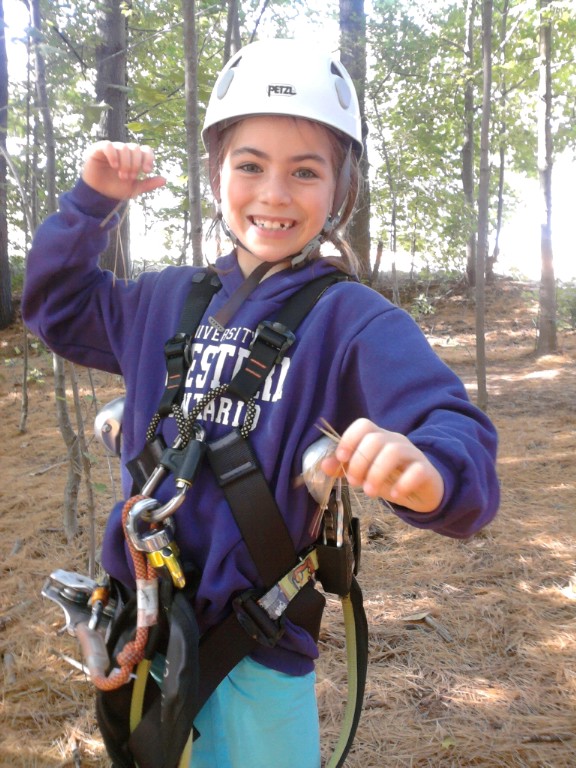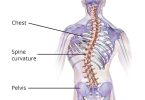Submitted by Dr. Natascha Wesch, PhD
One of the most important factors that influences success in sport – from house-league to elite competition – is confidence. If you are a parent or coach who wants to instil confidence in your young athlete so he or she can get the most out of their skills, here are two important sport psych tips to improve your athletes’ mental toughness:
Keep Things in Perspective
First thing’s first; let’s put youth sport into perspective. The reality is that the odds your child will make it to the NHL (or the national team, or the Olympics) are very slim. Don’t get me wrong, some do get there, but the majority do not. It’s a simple matter of numbers. But this doesn’t mean that you squash your child’s dream; if that is what fuels them to get out there and play, that’s awesome!
However, the expectation to win can exert tremendous psychological pressure on young athletes. Too much focus on winning can undermine many of the goals of youth sports. Too much pressure on athletes, sometimes from parents and coaches, can lead to self-criticism, anxiety, and anger problems as well as undermine a young athlete’s intrinsic motivation to play.
Athletes who have high levels of self-confidence and intrinsic motivation end up being successful. To increase your athlete’s confidence, help them focus on the things they can control and the things they do well. Highlight successes, even the smallest ones. Help athletes focus on what they are doing well, rather than what they can’t do or what they are doing incorrectly.
Emphasize Process Over Results
A saying I use with my clients and their parents is, “sport is life sped-up; the intangible skills that individuals learn through sport are skills that most people take a lifetime to learn, if they learn them at all.” The skills learned in sport are those that transfer directly to all areas of life. In sport, you have to learn to manage successes and challenges, deal with unanticipated results, and learn to resolve conflict. Sport teaches athletes to work with others to accomplish a common goal, to focus on the small daily steps (eating well, sleeping well, preparing well) in order to perform at your best.
Help young athletes enjoy the process of being part of a team, working with others of all abilities, and respecting the opposition, the coaches, parents, and officials. Help athletes understand that success in life comes from dedicating time and energy to something you love to do, doing it well, and practising with purpose in order to get better. Most of all, as a parent or coach, lead by example because kids are always watching. As the saying goes, ‘monkey see, monkey do.’
Dr. Natascha Wesch is a Mental Performance Consultant in private practice who works with athletes, coaches, and teams of all levels and sport backgrounds. To learn more and to contact her, visit her website: www.elitemindperformance.com.







